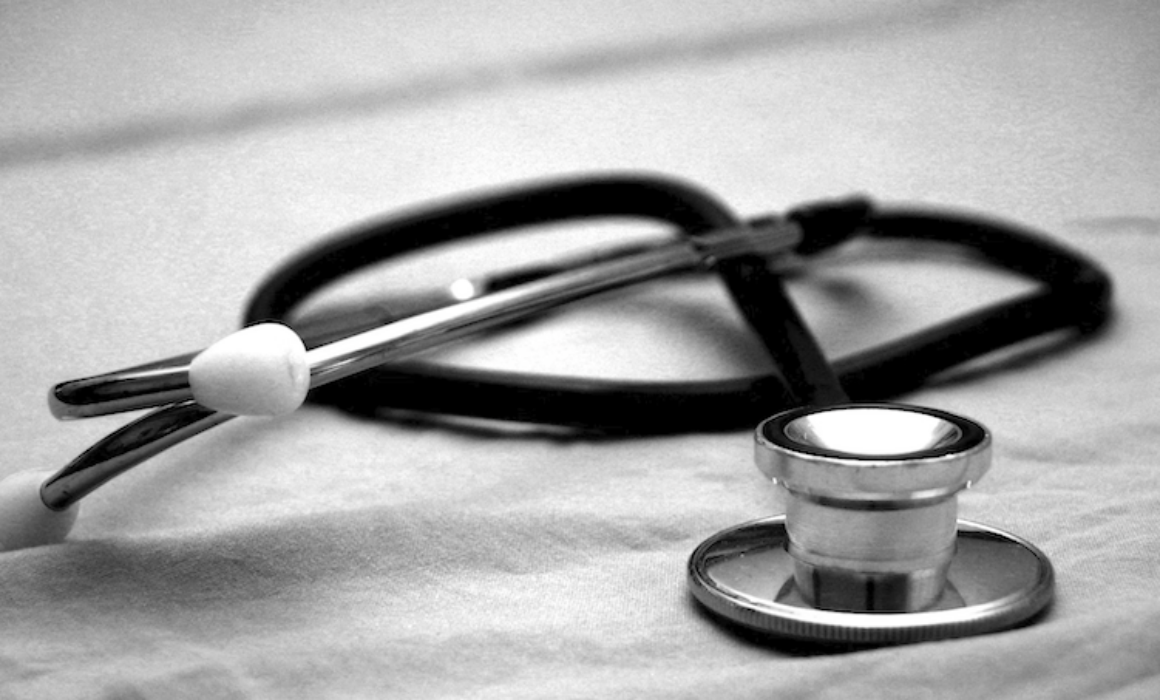
Unfortunately, some people do experience instances of misdiagnosis, of symptoms being overlooked, of delayed or cancelled investigations or treatment, or of missing or misplaced medical records. Such situations can leave someone feeling unheard and dissatisfied. These negative experiences can have a profound impact on one’s trust in the healthcare system and can cause feelings of resentment, anxiety, and a diminished sense of self-confidence. It can also make it difficult to seek medical attention that you may need going forwards.
If you’ve found yourself in this situation, it’s important to recognise that you’re not alone and that there are steps you can take to address your concerns and regain a sense of trust in the healthcare system.
This article – the 13th of Dr Jane Clark’s series on navigating life after cancer – covers this topic. Read on for Dr Clark’s insight and advice.
Regaining Trust in the ‘System’
This article is adapted by Dr Jane Clark from an article originally written by Jane and Dr Peter Harvey. See our introduction for a background on this series of articles.
It is an unfortunate truth that some people have very bad experiences at the hands of the healthcare system. While this happens to a minority of people, the fact that it happens at all is a bad reflection on the system as a whole.
When things go wrong
The sorts of things that happen include a diagnosis being missed, investigations being delayed or cancelled, notes/scans/test results going missing or being held up, clinics being cancelled, treatment being delayed.
Some people feel that they have not been given the best treatment available or that their treatment has been carried out incompetently. For many people, complaints about the care they receive revolve around the communication process – what they are told and how they are told.
Hhow a negative experience can change your self-confidence
For some people, such negative experiences may never happen, for some it may happen so infrequently as to be tolerated, but for others it can leave a scar which may lead to resentment and distrust. It can also amplify problems in self-confidence (see Life After Breast Cancer: Trusting yourself) and trust in your own ability to monitor your health (see Life After Breast Cancer: How to regain trust in your body after treatment).
If you are one of the unlucky ones, then it is not surprising that your faith in the system might be at a very low ebb. You may find yourself being wary of going to the doctor, being guarded in what you say or in need of some sort of redress for your hurt and pain.
All these sorts of feelings are unpleasant and can get in the way of how you access help and support. Because everyone will have a different set of experiences, there is no one answer to this and how to deal with it. This may be even more difficult if the reason for your upset lies within the people who you might have to keep seeing after your treatment has finished.
What can you do to regain trust in the healthcare system?
You may be able to request to see a different doctor or nurse at the clinic and you can change your GP, if you feel that this is the answer for you. You may make a formal complaint to the hospital or seek legal advice if you feel that there is an issue of professional competence to be addressed.
For many people, taking this course of action is to prevent something untoward happening to someone else. You may choose to do nothing.
Finding someone who you trust that will listen to you
Whatever you do it’s probably helpful to talk over you concerns with someone who you trust and can be a sounding board. One of the decisions they may be able to help you with, is sorting out how much priority you give to the issue if there are lots of other things going on.
Dealing with issues like these is tiring and energy-sapping, as well as taking you back to re-live experiences that may be painful and distressing. You may wish to conserve your energies for more pressing or immediate issues and deal with this at a later time. Talking it through with someone who will take it seriously will help you decide what you want to do next – if anything.
Dr Jane Clark, Consultant Clinical Psychologist
FURTHER INFORMATION
The next article in this series of articles explores possible changes in relations after cancer and you can read it here 14: Life After Breast Cancer: How to regain trust in other people after treatment.
If you’re looking for more support, Future Dreams hold a range of support groups, classes, workshops and events to help you and your carers during your breast cancer diagnosis. These are held both online and in person at the London-based Future Dreams House. To see what’s on offer and to book your place, see here.
To return to the homepage of our Information Hub, click here where you can access more helpful information, practical advice, personal stories and more.
This page was reviewed in April 2024 by the Future Dreams team.
The information and content provided in all guest articles is intended for information and educational purposes only and is not intended to substitute for professional medical advice. It is important that all personalised care decisions should be made by your medical team. Please contact your medical team for advice on anything covered in this article and/or in relation to your personal situation. Please note that unless otherwise stated, Future Dreams has no affiliation to the guest author of this article and he/she/they have not been paid to write this article. There may be alternative options/products/information available which we encourage you to research when making decisions about treatment and support. The content of this article was created by Dr Jane Clark, Consultant Clinical Psychologist and we accept no responsibility for the accuracy or otherwise of the contents of this article.
©️ 2023 Jane Clark and Peter Harvey. With quotes from the creators of the Ticking off Breast Cancer website (now Future Dreams Information Hub). All rights reserved.
Share

Support awareness research
Donate to those touched by BREAST cancer
Sylvie and Danielle began Future Dreams with just £100 in 2008. They believed nobody should face breast cancer alone. Their legacy lives on in Future Dreams House. We couldn’t continue to fund support services for those touched by breast cancer, raise awareness of breast cancer and promote early diagnosis and advance research into secondary breast cancer without your help. Please consider partnering with us or making a donation.



